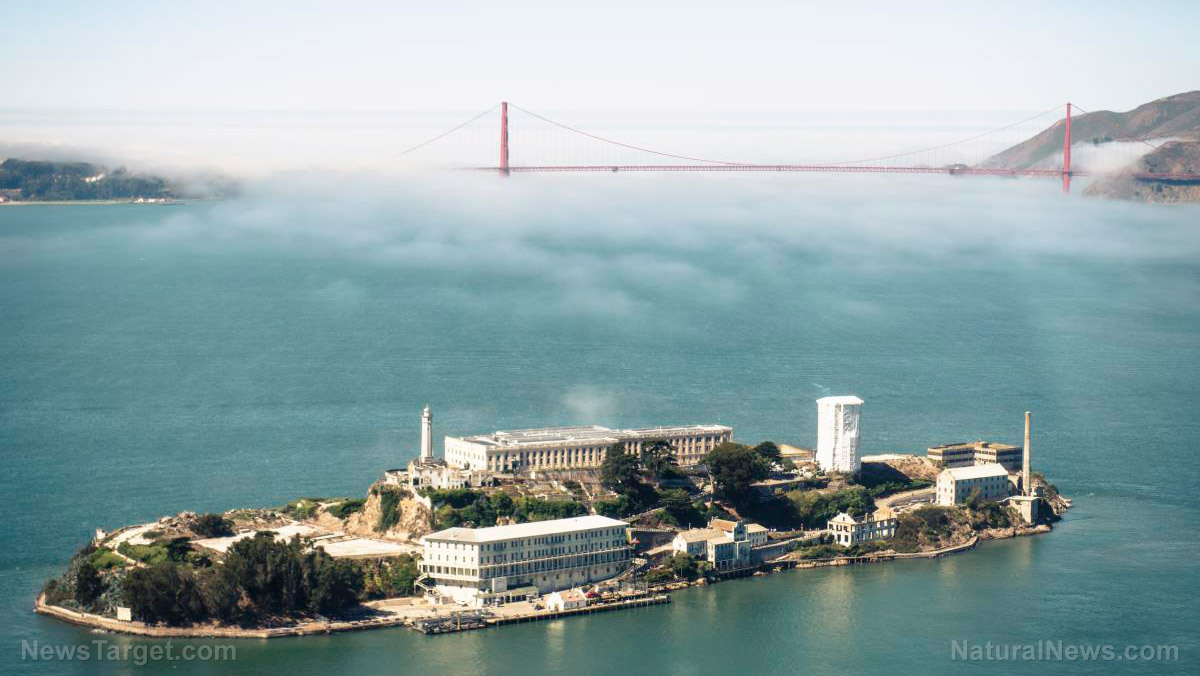Beverage company that promotes “environmental sustainability” found to be among California’s top sprayers of PARAQUAT in 2021
05/02/2024 / By Ava Grace

A beverage company that purportedly touts its “sustainability initiatives” has been found to be among California’s top sprayers of the toxic weed killer paraquat for the year 2021, according to a new analysis.
The analysis published by the Environmental Working Group (EWG) found that The Wonderful Company (TWC) was the Golden State’s second-largest paraquat sprayer. TWC sprayed almost 57,000 pounds of the weed killer on its fields, accounting for over 13 percent of the state’s paraquat use. Only the J.G. Boswell Company used more paraquat in the state, spraying more than 58,000 pounds.
The analysis, which drew data from the California Department of Pesticide Regulation and county agriculture commissioners, also found that both TWC and J.G. Boswell sprayed 27 percent of all the paraquat used in California. It ultimately found that just 10 farms and companies – including TWC and J.G. Boswell – sprayed 40 percent of all paraquat used in California in 2021. (Related: EWG study: Economic benefits of paraquat herbicide DO NOT outweigh its health risks.)
TWC – which owns POM pomegranate juice, Fiji Water and other popular brands – has been reportedly recognized for its sustainability initiatives.
According to TWC’s website, “environmental sustainability” is at the center of its work. The company, “in all its operations, must be a deeply responsible steward of the environment, and lead by example to create a sustainable future.” To this end, the firm has invested $400 million in sustainable agriculture.
Paraquat is a widely used commercial herbicide in the United States. However, it has been linked to Parkinson’s disease (PD) – which has led to its ban in 60 countries including the European Union and China. Paraquat, along with the pesticide rotenone, is routinely used in research as one of the ways to induce and study PD in animal models.
Based on current research, scientists believe that PD is most likely caused by a combination of genetic and environmental factors. The interactions between genes and the environment can be quite complex. Some environmental exposures may lower the risk of PD, while others may increase it.
Paraquat banned in other nations, but not in the U.S.
Geoff Horsfield, a policy director at EWG who works on pesticides and other agricultural issues, remarked: “Folks have known about paraquat for a while. But I think it’s clear that the public doesn’t fully appreciate where these pesticides are being applied and how close it is to their communities.”
According to him, many countries initially banned paraquat because it is incredibly lethal when ingested – even in tiny amounts. In South Korea and other nations, the herbicide was widely used as a method of suicide.
But Horsfield explained that the primary way people are exposed to paraquat is by inhaling it. Thus, both farm workers and community members whose homes border farms where the herbicide is sprayed are at risk form paraquat exposure.
“If you live near an almond grove, a vineyard or a cotton field, we know that especially now – given drought and weather changes – pesticide drift can be a real threat,” the EWG policy director said.
Horsfield also mentioned that while paraquat is used in some California vineyards, it is banned in France and Italy – countries both famous for their wines. He remarked: “We know these products can be successfully grown in California without the use of paraquat.”
Check out Weedkiller.news for more stories about paraquat and its dangers.
Watch Jefferey Jaxen and Del Bigtree discussing the “Paraquat Papers” that link the herbicide to Parkinson’s disease on “The HighWire with Del Bigtree.”
This video is from the High Hopes channel on Brighteon.com.
More related stories:
PFAS in biosolids fertilizer sparks damages lawsuit.
Lawsuit accuses Synagro of poisoning farms with PFAS-contaminated BIOSOLIDS “fertilizer.”
Lawsuits piling in against Syngenta over paraquat weedkiller, which causes Parkinson’s Disease.
Sources include:
Submit a correction >>
Tagged Under:
California, chemicals, Chemistry, crops, dangerous, deception, Ecology, environment, herbicides, organic farming, paraquat, Parkinson's Disease, poison, The J.G. Boswell Company, The Wonderful Company, toxic chemicals, traitors, weedkiller, world agriculture
This article may contain statements that reflect the opinion of the author
RECENT NEWS & ARTICLES
COPYRIGHT © 2017 COLLAPSIFORNIA



















